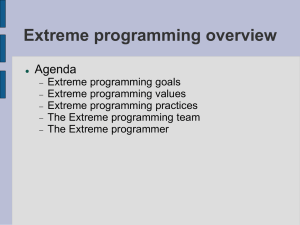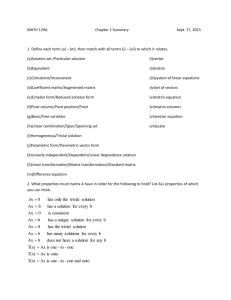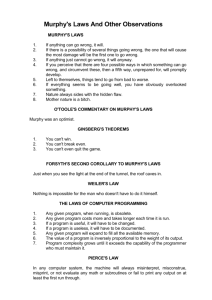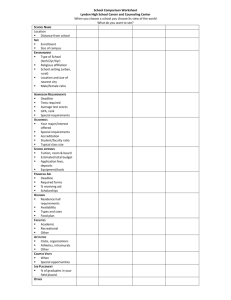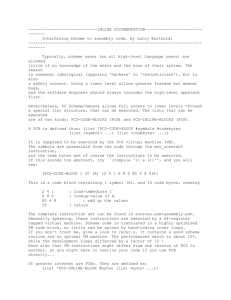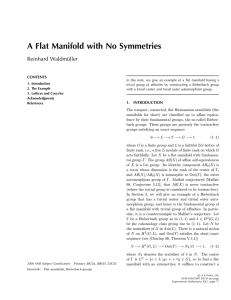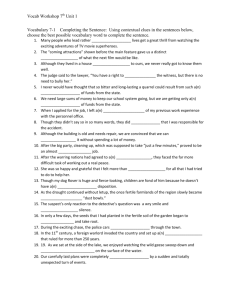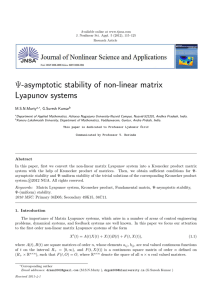computer laws
advertisement
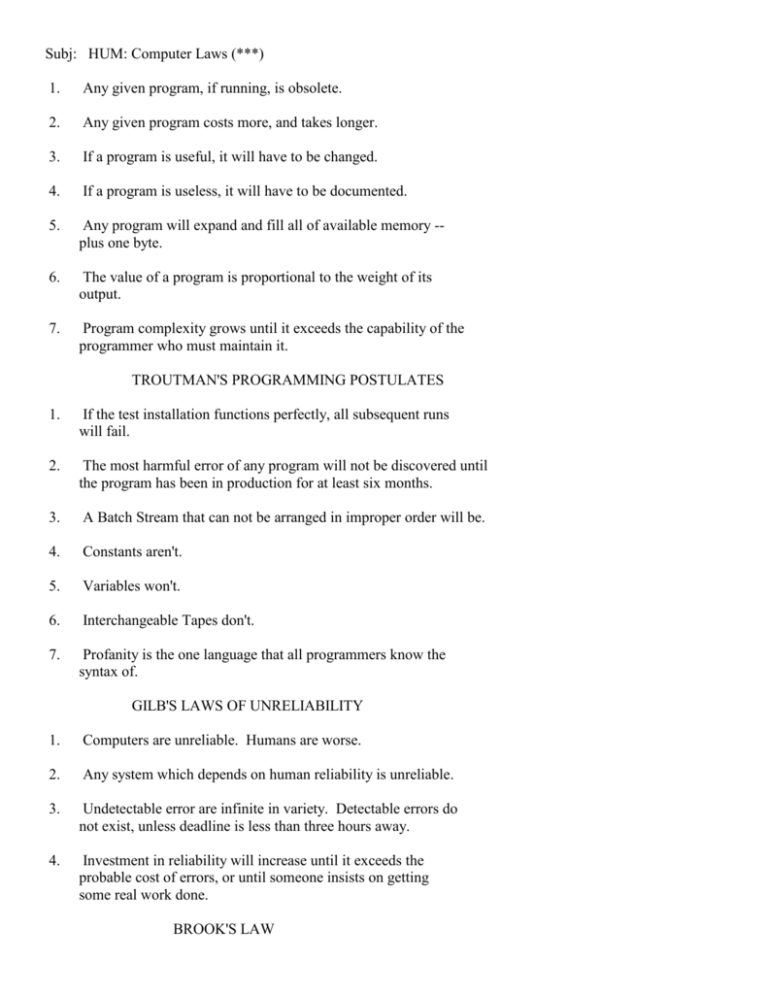
Subj: HUM: Computer Laws (***) 1. Any given program, if running, is obsolete. 2. Any given program costs more, and takes longer. 3. If a program is useful, it will have to be changed. 4. If a program is useless, it will have to be documented. 5. Any program will expand and fill all of available memory -plus one byte. 6. The value of a program is proportional to the weight of its output. 7. Program complexity grows until it exceeds the capability of the programmer who must maintain it. TROUTMAN'S PROGRAMMING POSTULATES 1. If the test installation functions perfectly, all subsequent runs will fail. 2. The most harmful error of any program will not be discovered until the program has been in production for at least six months. 3. A Batch Stream that can not be arranged in improper order will be. 4. Constants aren't. 5. Variables won't. 6. Interchangeable Tapes don't. 7. Profanity is the one language that all programmers know the syntax of. GILB'S LAWS OF UNRELIABILITY 1. Computers are unreliable. Humans are worse. 2. Any system which depends on human reliability is unreliable. 3. Undetectable error are infinite in variety. Detectable errors do not exist, unless deadline is less than three hours away. 4. Investment in reliability will increase until it exceeds the probable cost of errors, or until someone insists on getting some real work done. BROOK'S LAW Any manpower added to a late project makes it later. LAWS OF COMPUTERDUM ACCORDING TO GOLUB 1. Fuzzy project objectives are used to avoid the embarrassment of estimating the corresponding costs. 2. Carelessly planned projects take three times longer to complete than expected. Carefully planned projects take only three times longer to complete than expected. 3. Programmers detest weekly status reporting because it so vividly manifests their lack of progress. LUBARSKY'S LAW OF CYBERNETIC ENTOMOLOGY There is always one more bug. SHAW'S PRINCIPLE Build a system that even a fool can use, and only a fool will use it. IBM POLLYANNA PRINCIPLE Machines should work. People should think. GRAY'S LAW OF PROGRAMMING "n+1" trivial tasks are expected to be accomplished in the same time as "n" trivial tasks. LOGG'S REBUTTAL TO GRAY'S LAW "n+1" trivial tasks take twice as long as "n" trivial tasks. WEINBERG'S SECOND LAW If builders built building the way that programmers program programs, the first woodpecker to come along would destroy civilization. MURPHY'S COMPUTER LAW Murphy never would have used computers, but would have loved them. BOVE'S THEOREM The remaining work required in order to finish a project increases as the deadline approaches. BROOK'S LAW Adding manpower to a late software project makes it later. CANADA BILL JONES' MOTTO It's morally wrong to allow naive end users to keep their money. CANN'S AXIOM When all else fails, read the instructions. CLARK'S THIRD LAW Any sufficiently advanced technology is indistinguishable from Magic. DEADLINE DAN'S DEMO DEMONSTRATION Every task takes twice as long as you think it will take. If you double the time you think it will take, it will actually take four times as long. DEMIAN'S OBSERVATION There is always one item on the screen menu that is mislabeled and should read "ABANDON HOPE ALL YE WHO ENTER HERE." DR. CALIGAR'S COMEBACK Disk errors occur only after you've done several hours of work without making a backup. THOMAS WATSON'S LAW No matter how large and standardized the marketplace, IBM can re-define it.

